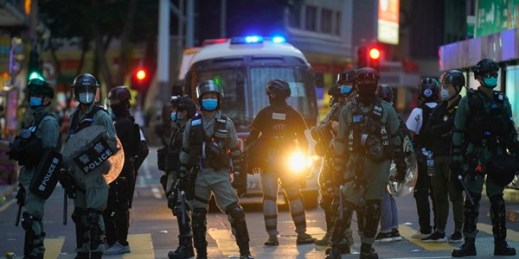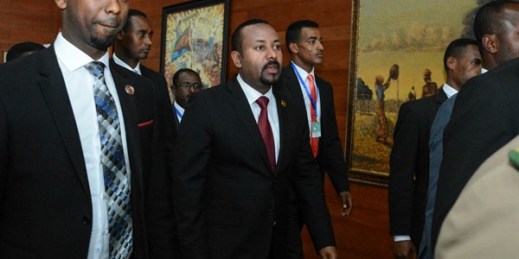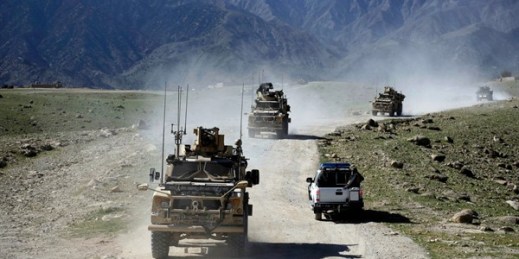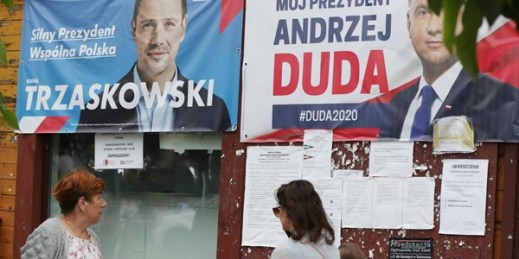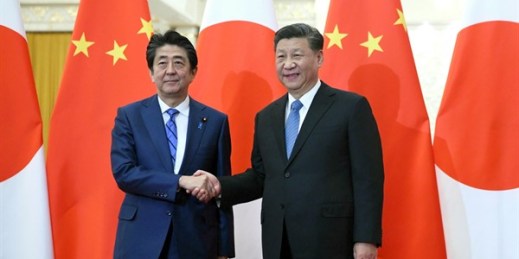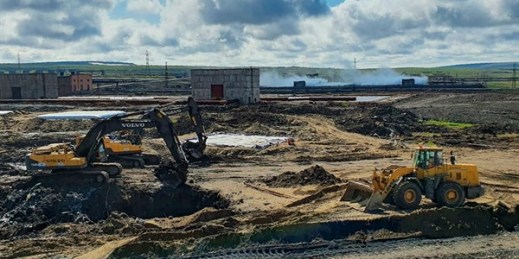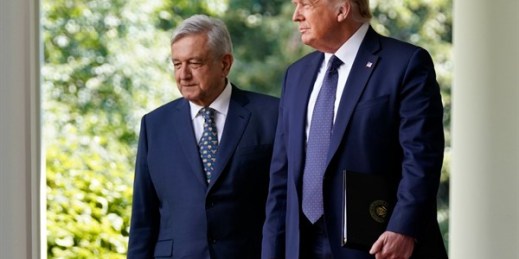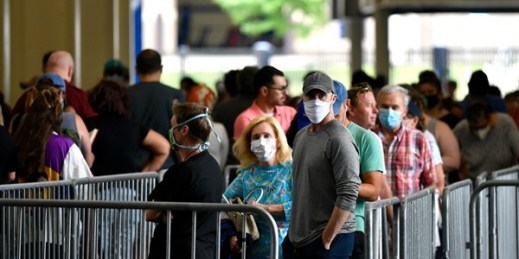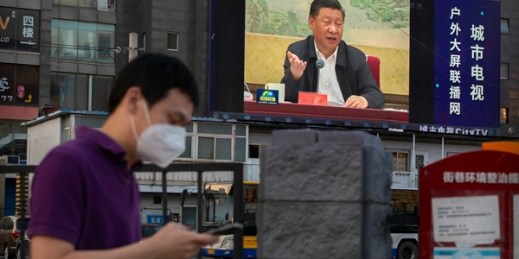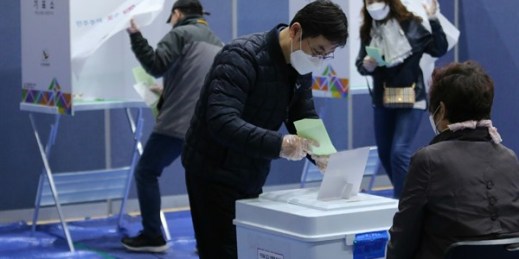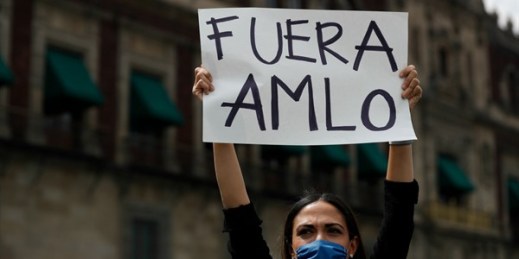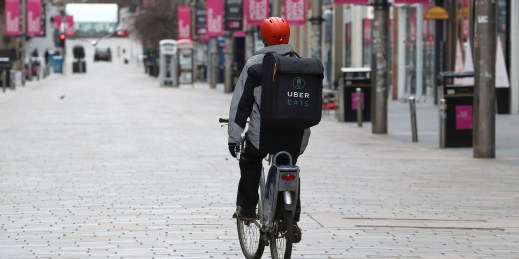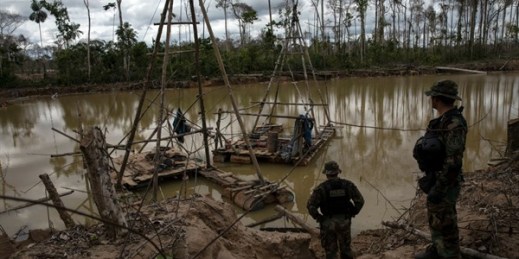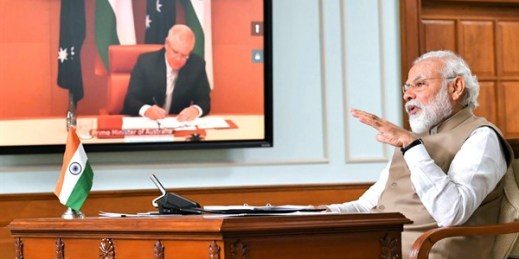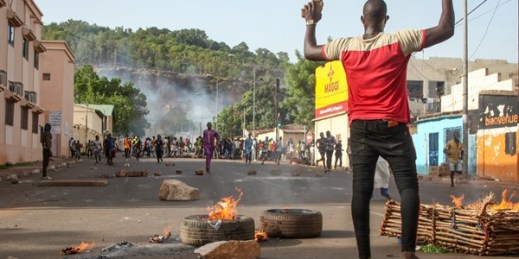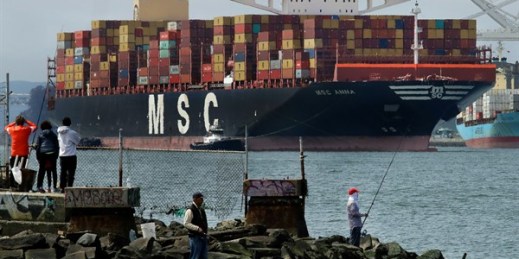
Since the onset of the coronavirus pandemic, the Trump administration’s trade policy has been shifting from an inclination to punish to a yearning for retreat. After imposing tariffs on trading partners that cost U.S. consumers $12 billion last year, the White House has been looking for ways to repatriate industrial activity from China and launch a new state-led industrial policy. But cutting the economic cord with China will not magically halt its geopolitical rise, and imitating its state-led approach to the economy would make America both less secure and less prosperous. Instead, the next U.S. administration should launch a “Safe […]

